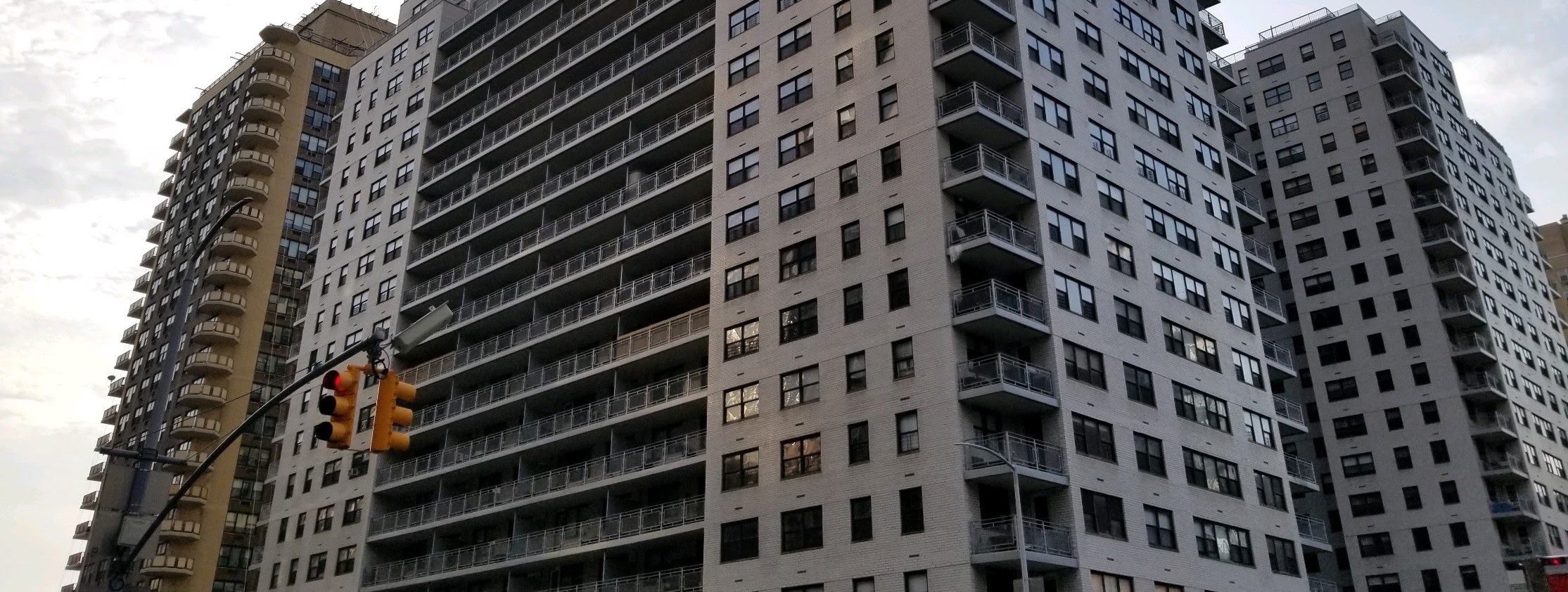
Non-Payments:
A basic type of eviction brought against the tenant for non-payment of rent
How an Attorney Can Help:
1) By negotiating a repayment plan with your Landlord, preferably negotiating it from a position of strength based upon a through analysis of the case and the law with knowledge of
how the matter may be litigated if the settlement offered is not favorable, or
2) By contesting the case in court. Contesting the case means contesting the WHOLE case to the full extent permissible by law. Depending on the facts and circumstances of your case
this could mean contesting issues including the validity of service of process, violations in the building, certificate of occupancy, multiple dwelling registration, facial defects
of predicate notices, overcharging of regulated rent and many other things. The Landlord's attorney will try to keep the discussions (whether settlement discussions or litigation)
limited to the issue of how much rent is outstanding and when are you going to pay. It's similar to a political candidate trying to stay 'on-message'. If the Tenant has an attorney
who is familiar with Non-Payment cases they will know that there are many other issues which might be raised on the Tenant's behalf.
The Non-Payment case is brought by the Landlord as his vehicle to get paid. However, it can also be used as the Tenant's vehicle to get repairs and/or an Abatement of Rent , if the
Tenant's side knows what their rights are and how to assert them.
Holdovers:
A Holdover is an eviction case which is not about the rent, although they almost always ask for monthly 'use and occupancy'. The classic holdover is when the tenant stays on
after the lease has expired. Non-Primary Residence, Dog Cases, Drug Cases, Alterations, 'Illegal' Sublets, Noise and other nuisance cases are other varieties of Holdovers.
In a Holdover case the Landlord is asking that you be evicted even if you have paid the rent. The circumstances under which they can bring a Holdover case against you vary depending on whether
you have a lease and whether your tenancy is subject to Rent Control or Rent Stabilization or is unregulated. If your tenancy is subject to Rent Control or Rent Stabilization the Landlord needs
a strong reason to bring a Holdover case against you and he has to prove that in court, if you oppose him.
How an Attorney Can Help:
You need to know what exactly it is that the Landlord is claiming against you, whether that constitutes a valid reason to evict you, whether the Landlord has followed proper
procedure to raise these issues, the extent to which you can contest the validity of these accusations and whether there might still be an opportunity for you to cure the alleged
lease violation. Curing the problem means things like getting rid of the subtenants, washing machine or pet tarantulas. Procedural issues revolve around the timing and procedure
which the Landlord has followed to bring the case to court. If he has not done this properly he may lose.
Commercial L&T:
Evictions happen to stores, offices, restaurants, nail salons and parking lots too. In New York City these matters are generally assigned to Part 52. Commercial cases can be either
Holdovers or Non-Payments. Sometimes the issue of whether premises are commercial or residential is itself a matter in dispute.
How an Attorney Can Help:
Firstly,
business entities like LLC's and Corporations are not allowed to proceed pro-se. If they are going to contest litigation, they are required to do so by attorney. The fact
that you are a 100% shareholder, founder of the business, President of the Corporation for 20 years, signatory of every check it every wrote and so on does not matter. Individuals
have the legal right to represent themselves. Corporations and LLC's do not.
The Commercial Tenant is expected to make their own way in the world more than the Residential Tenant. There is less regulation over what may or may not be included in commercial leases
3or in stipulations when the property in question is for commercial use. The terms of said leases and stipulations may be lengthier and more complex.
An attorney should not be too proud to negotiate with the Landlord or too timid to go to litigation if that is what it takes to protect the future of your business.
